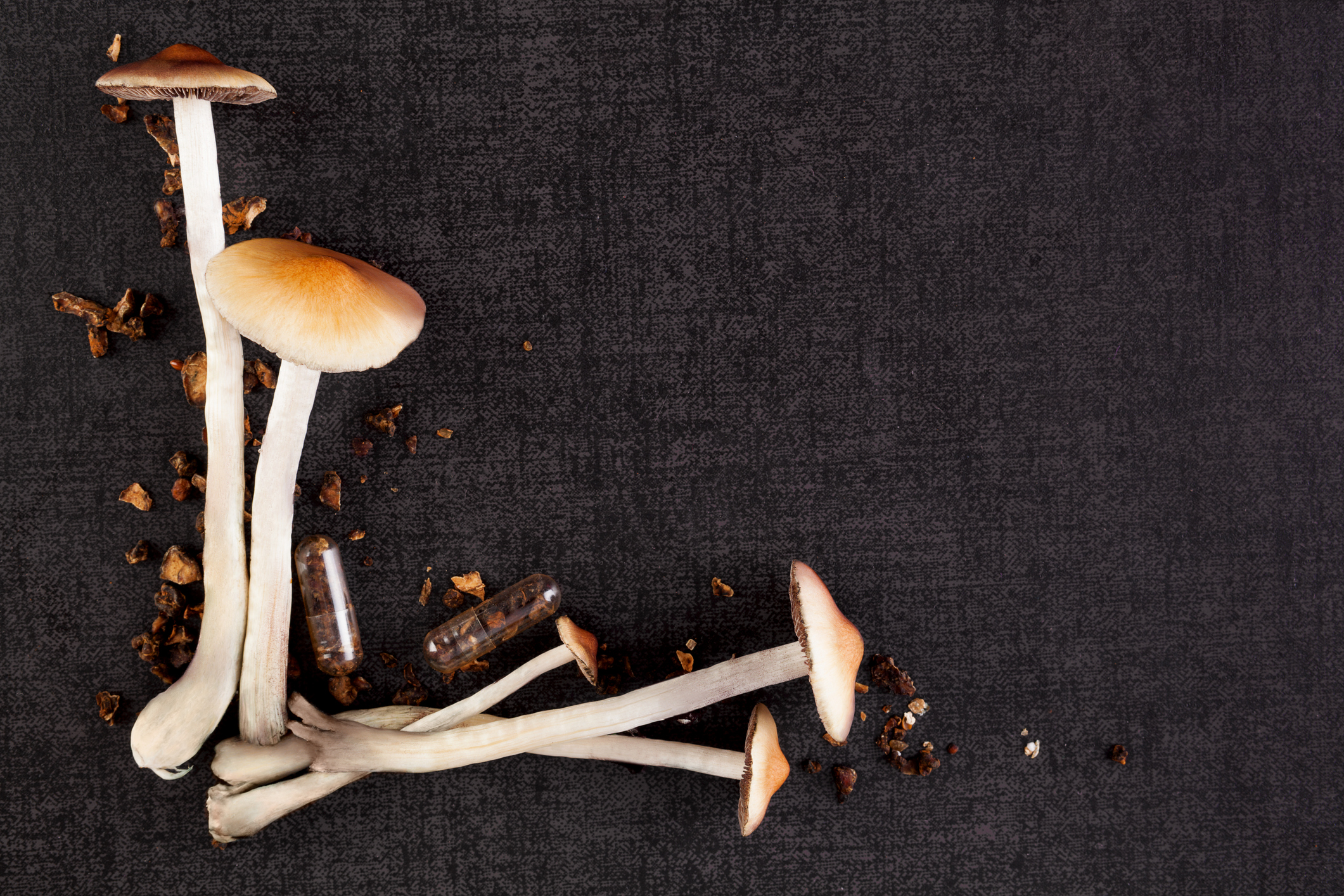The chemical in 'magic mushrooms' could be used to treat depression


A free daily email with the biggest news stories of the day – and the best features from TheWeek.com
You are now subscribed
Your newsletter sign-up was successful
Some people swear that small doses of the "magic mushroom" chemical helps them focus, and now the FDA is looking into whether it might have additional benefits.
Psilocybin, the active ingredient in some mushrooms that can trigger hallucinations, doesn't have psychedelic effects when users take "microdoses," Stat reported Thursday. Users say they simply feel more focused, more creative, or more energetic — a feeling more along the lines of drinking a cup of coffee. Others say it helps calm anxiety and reduce feelings of depression. The Food and Drug Administration on Wednesday approved a clinical trial of psilocybin as a possible anti-depressant treatment.
Stat reports that some microdosers like to use psilocybin as a "productivity hack," but there so far haven't been many official studies of the drug, especially because it's outlawed nearly everywhere. One study in the Netherlands found that microdoses didn't negatively affect rational thinking or problem solving skills — rather, they boosted creativity while helping people focus on coming up with tangible solutions to abstract issues. Now, the FDA-approved study will allow a London-based company to test varying amounts to figure out what dosage might be most effective to bring anti-depressive benefits.
The Week
Escape your echo chamber. Get the facts behind the news, plus analysis from multiple perspectives.

Sign up for The Week's Free Newsletters
From our morning news briefing to a weekly Good News Newsletter, get the best of The Week delivered directly to your inbox.
From our morning news briefing to a weekly Good News Newsletter, get the best of The Week delivered directly to your inbox.
"Right now, we're swimming in a world of anecdotes and almost no one has taken this seriously," said the CEO of a marketing company that has called for research into the chemical's effects. "Scientific studies could legitimize the claimed benefits." Read more at Stat.
A free daily email with the biggest news stories of the day – and the best features from TheWeek.com
Summer Meza has worked at The Week since 2018, serving as a staff writer, a news writer and currently the deputy editor. As a proud news generalist, she edits everything from political punditry and science news to personal finance advice and film reviews. Summer has previously written for Newsweek and the Seattle Post-Intelligencer, covering national politics, transportation and the cannabis industry.
